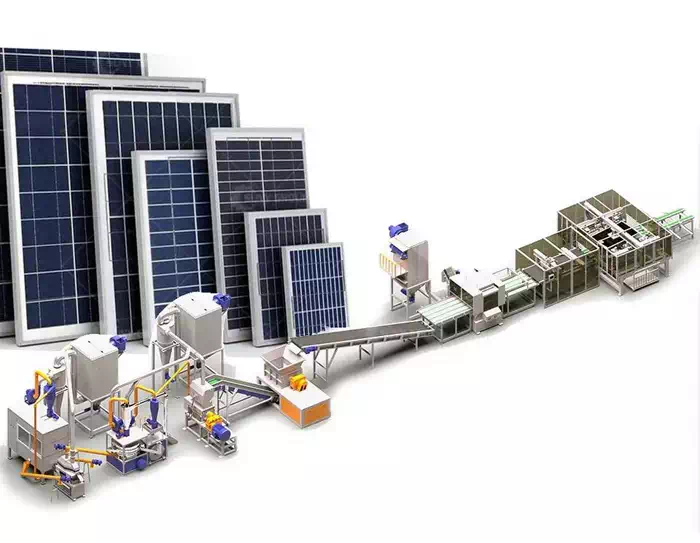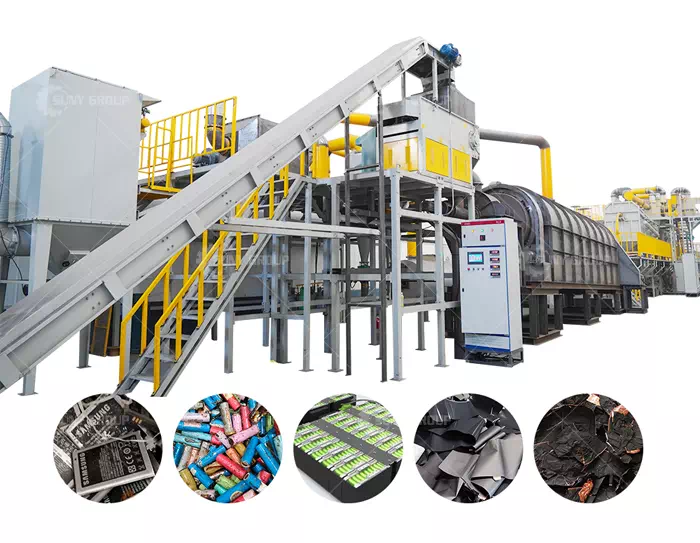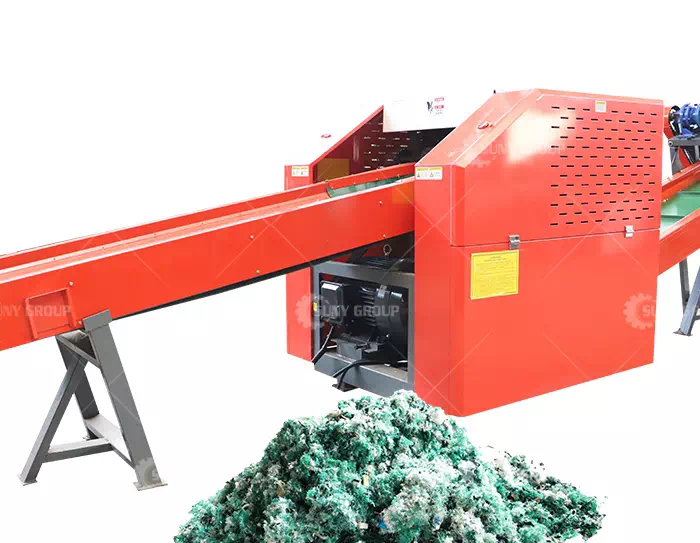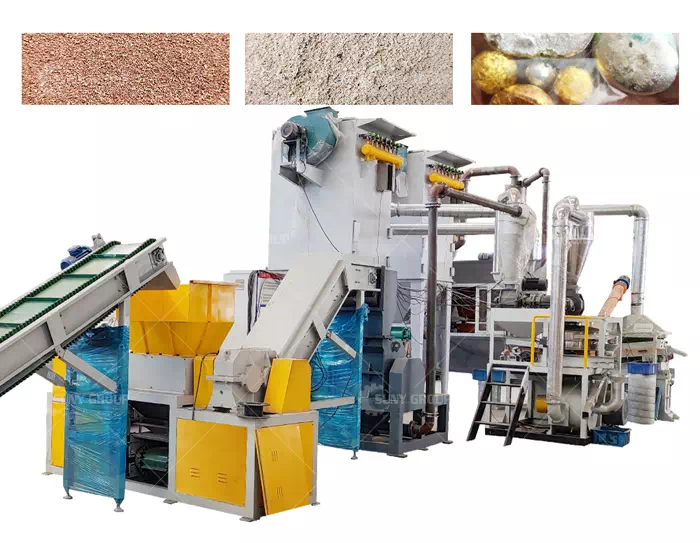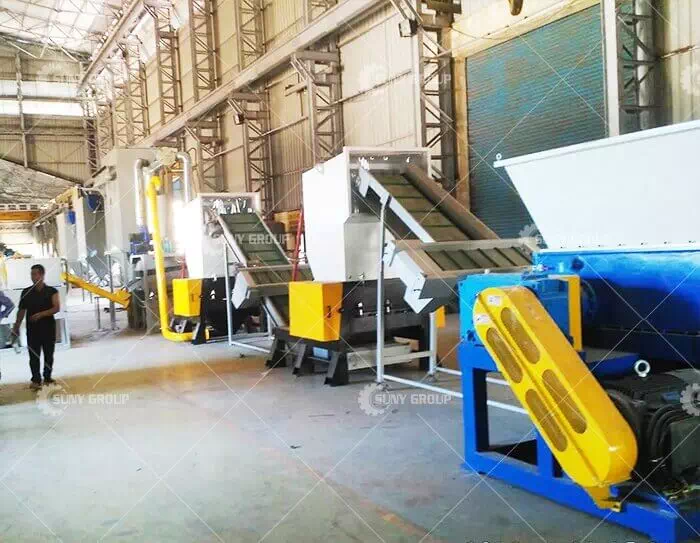Catalytic converter recycling system
With the increasingly stringent environmental protection requirements, more and more cars are equipped with exhaust gas catalytic converters and oxygen sensor devices. It is installed in the exhaust pipe of the engine and converts the three harmful exhaust gases CO, HC and NOx emitted by the engine into harmless water, carbon dioxide and nitrogen through redox reactions, so it is also called three-way (effective) catalysis Most of the catalysts of converters contain precious metals or rare earth elements such as platinum and germanium, which are expensive.
When the engine of the car is not working well, or the car is not maintained properly, it will cause damage to the three-way catalytic converter. If it cannot be repaired, it needs to be replaced. Every year, a large number of three-way catalytic converters are scrapped. It would be a pity to throw them away. So it is generally recycled.
The honeycomb body of the automotive catalytic converter is first crushed and ground and then treated in a hydrogen atmosphere. In order to establish an economical and environmentally friendly method for the recovery of the studied platinum group metals, 0.8 vol% H2O2 contacted with 9.0 M HCl mixture at 60 for 2.5 hours during the leaching process can be considered to save chemicals, energy and time Optimum conditions (about 86%, 96% and 98% recovery of rhodium, platinum and palladium, respectively). The platinum group metal ions were separated from the leaching solution by precipitation method, and the percentage purity of platinum, palladium and rhodium were 99.5%, 99.3% and 95.5% respectively.
Due to the limited production and high value of PGMs, recovery from different waste products is increasingly required as a secondary source. Furthermore, from an environmental point of view, such recycling processes should be properly managed to avoid health and environmental risks.
A used catalytic converter is a good option for this requirement. Some work has been done by using furnaces, hydrogen pretreatment and/or direct leaching of PGMs [PGMs can be recovered from spent catalytic converters by using different metallurgical refining methods. Several leaching processes were developed after crushing and grinding the honeycomb units composed of polyglutamic acid. One of the hurdles in the dissolution process is that PGM is inert. Therefore, they are practically insoluble in common acids. In contrast, the dissolution of PGM requires a mixture of large quantities of strong acids (mainly HCl) and suitable strong oxidizing agents such as nitric acid, chlorate, hypochlorite, perchloric acid, bromate, nitrate, and copper ions.
Since strong oxidants are often used in the leaching process, their potential impact must be considered from an environmental and safety perspective. Due to the toxic effects of chlorine compounds, special attention should be paid to them. As noted elsewhere, the use of aqua regia and other hydrogen chloride/HNO3 mixtures will produce nitrous acid vapor emissions due to the production of intermediate and final species such as chlorine dioxide, a Nitrogen Oxide, Nitrogen Dioxide and HNO2. The leaves of copper ions, the latter copper compounds, used in the leach solution are also considered contaminants themselves, difficult to separate from the leached platinum group metals. Therefore, these facts lead us to consider an efficient and environmentally friendly leaching process.
SUNY GROUP uses a harmless leaching mixture of hydrochloric acid and hydrogen peroxide as an oxidant to recover PGM from treated spent catalytic converters (after pretreatment in a hydrogen atmosphere) (without releasing any harmful gas or residual by-products during combustion ). handling). The optimal leaching conditions were obtained by changing the ratio of hydrochloric acid to hydrogen peroxide, temperature and contact time and other experimental conditions.
Recommend products
CONTACT US:
If you have any requirement or suggestion, please fill in the form and send to us, thanks!E-mail:sunymachine@gmail.com | Whatsapp:+8613674945231


